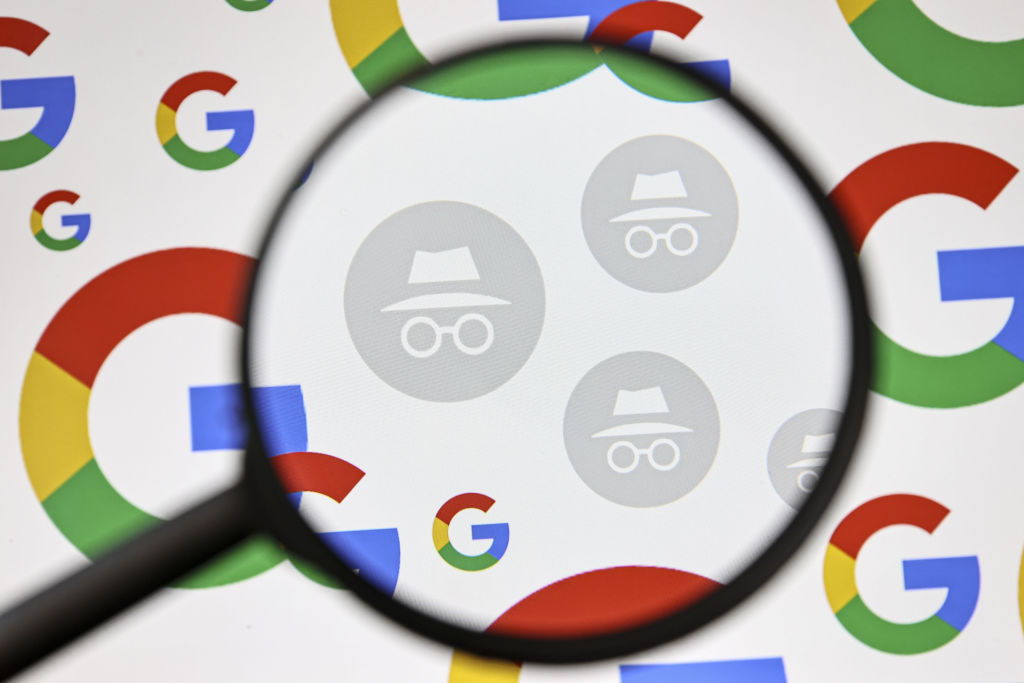Google has agreed to delete millions of records of users’ browsing activities as part of a settlement of a class-action lawsuit filed in 2020. The lawsuit alleged that Google tracked people without their knowledge through its Chrome web browser’s private “incognito” browsing mode. While this mode allows users to turn off data collection, Google’s other tools, such as advertising technology, continued to collect data from users, according to the suit. The settlement, which was agreed upon in December, will see Google expunge “billions” of data records reflecting people’s private browsing.
In addition to deleting the records, Google has made changes to its disclosures to clarify how people’s data is collected and what activity is visible to websites when users browse in “incognito” mode. The company has also agreed to allow incognito mode users to block third-party cookies for the next five years. A Google spokesperson stated that the company never associates data with users when they use incognito mode and that they are happy to delete old technical data that was never associated with an individual or used for personalization.
Although the plaintiffs in the lawsuit requested $5 billion in damages, the settlement with Google does not include any monetary payment. Instead, individuals who wish to pursue damages can file their own complaints against Google in U.S. state courts. According to court papers, approximately 50 people have already done so. The plaintiffs’ lawyers, led by attorney David Boies, described the settlement as “groundbreaking” and a “historic step” in requiring big tech companies to be transparent with users about how they collect and use their data.
The settlement with Google highlights the ongoing concerns about data privacy and the collection of personal information by tech companies. It also underscores the importance of holding these companies accountable for their practices and ensuring that users are informed about how their data is being used. By requiring Google to delete millions of records and make changes to its disclosures, the settlement aims to protect users’ privacy and promote transparency in data collection practices.
Overall, the settlement of the class-action lawsuit against Google represents a significant development in the ongoing debate about data privacy and the responsibilities of tech companies. It serves as a reminder of the importance of holding companies accountable for their actions and ensuring that users have control over their personal information. The changes made by Google as part of the settlement are a step towards greater transparency and protection of user data in the digital age.









